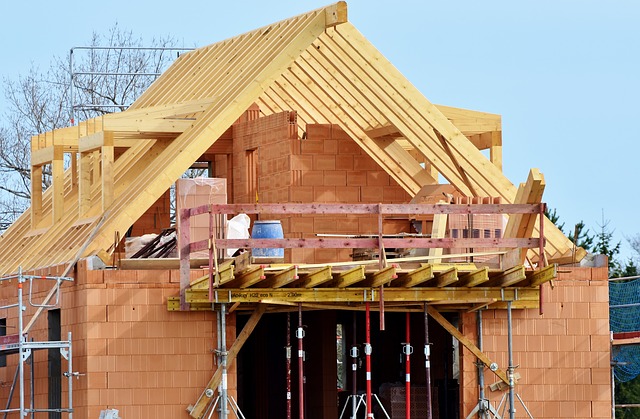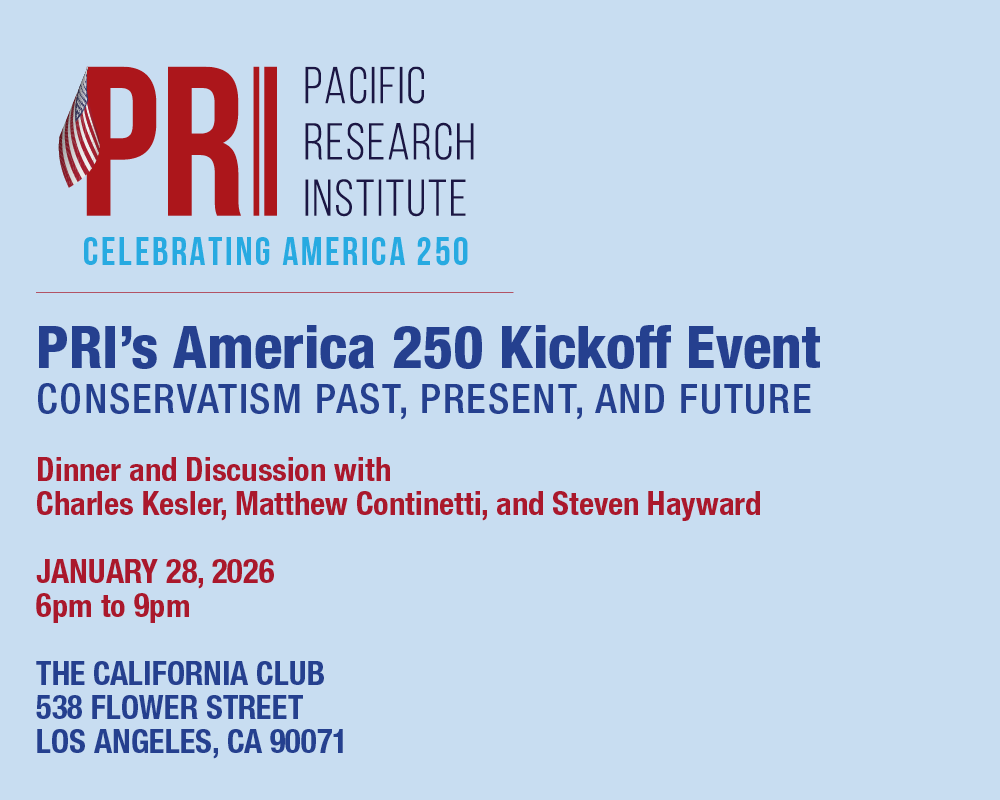California continues to rank last, or so near the bottom that it makes no difference, in quality-of-life lists, and it’s not quite clear if the news has made it to Sacramento yet. Because there are no efforts being made to turn things around.
Instead, it seems the majority of lawmakers is determined to stay on the path that leads directly to a great fall.
The most recent list that should embarrass policymakers is from WalletHub, which ranks California as 47th on its list of “2019’s Best & Worst States to Drive in.” It’s likely all that was standing between that and a dead-last finish is California’s No. 1 rank as the state with both the fewest days of precipitation and the most car washes per capita. This is just the sort of oddball juxtaposition we might expect from California.
With this in mind, here’s what else we know about California:
- It is among the hottest of Judicial Hellholes, and has been since 2012. Only in Florida are the civil courtrooms more devilish.
- The state’s business tax climate is also 49th.
- For 14 years running, California has been the worst state in which to do business.
- It can do no better than a miserable 48th in a ranking of Freedom in the 50 States, the same lowly station it has wallowed in since 2011.
- No other state burdens small businesses with more regulation than California.
- Forty-one states have better roads and highways, as measured by a number of variables, including pavement conditions, deficient bridges, traffic congestion, and fatality rates.
- The state’s largest city has the most congested roads on Earth, and is home to six cities in total that are in the bottom 10 percent worldwide in traffic delays.
- It has the highest poverty rate in the country.
- And it is one of the worst, no better than 15th from the bottom and maybe even 49th, in the hurdles it places on workers applying for occupational licenses.
Californians are also suffering through arguably the most grim and intractable housing crisis in America; carrying the weight of runaway public-employee pensions; dealing with the nation’s most discouraging homeless problem; yoked to a broken income-tax system; and quitting for states where opportunities aren’t snuffed out by hyperactive government.
While these and host of other problems continue to fester, Sacramento in recent years is/has been busy:
- Banning straws.
- Banning single-use plastic bags.
- Fighting global warming, which it can do nothing about.
- Contemplating roping everyone in the state into an expensive and toxic single-payer health care system.
- Banning paper receipts.
- Pursuing a prohibition on gasoline and diesel automobiles that deprives Californians of choice.
- Hiking motor fuel taxes to pay for road repairs it should have already completed without increasing the financial burden on drivers.
- Edging closer to providing family leave at taxpayers’ expense.
- Attempting to tax drinking water.
- And standing in the way of private citizens giving away food to the poor.
A look at the second list would lead one to think Sacramento had solved all the state’s most critical problems. Instead, Sacramento pursues the inconsequential because it both instantly gratifies the interest groups aligned with the majority party and allows lawmakers to avoid grappling with the serious issues. It’s legislative malpractice, for which they should be held accountable.
Kerry Jackson is a fellow with the Center for California Reform at the Pacific Research Institute.


